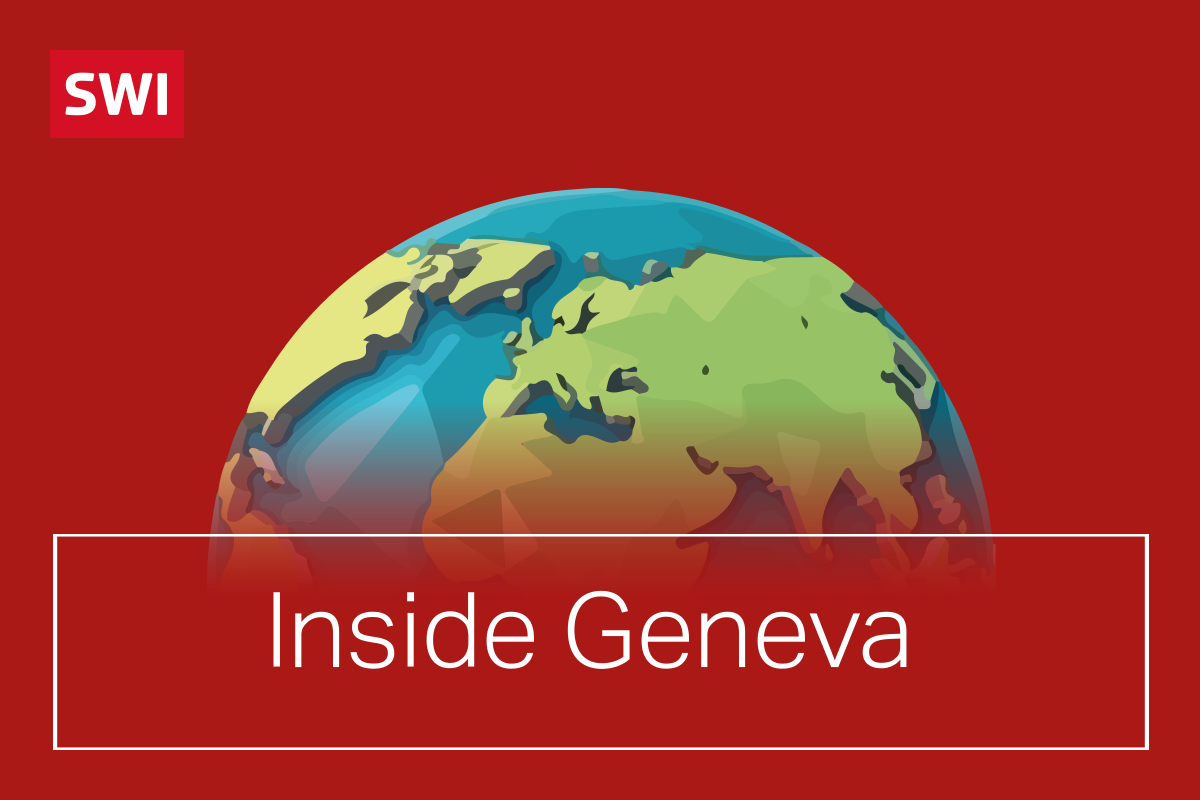
Climate change – it’s making us sick
It’s that time of year again; COP27, the United Nations Conference on Climate Change, is about to begin, this time in the Egyptian resort town of Sharm el-Sheikh. Bevies of government leaders will fly in, each will do their best to burnish their environmental credentials. Some will genuinely mean what they say, others… may not.
Last year when COP26 met in Glasgow, the conference was heralded as a make-or-break moment for our planet, the last opportunity, perhaps, to keep rising global temperatures within the Paris target of 1.5 °C.
Negotiations ran late into the night, several leaders of small island states, whose populations face an existential threat due to rising sea levels, were seen close to tears as the inevitable weak compromise approached.
In the end, an agreement was reached, with new goals set for climate change mitigation, and funding for green energy technology and adaptation. So where are we now?
Unfortunately, not in a great place. Last week’s report from the United Nations Environment Programme (UNEP) assessed the difference between the amount of greenhouse gases we are still emitting versus how much we should be emitting, and said there was now “no credible path” to stay within that 1.5°C target.
The consequences are already starkly visible, from record glacier melt here in Switzerland, catastrophic floods in Pakistan, to successive droughts in the Horn of Africa. And increasingly, climate change is damaging not just the environment around us, but our own personal health.
Too hot to live
On our Inside Geneva podcast this week, I talked to two people who have been looking long and hard at the effect of climate change on our health and well-being. Ninni Ikkala-Nyman of the Red Cross has recently worked, together with the UN Office for the Coordination of Humanitarian Affairs (OCHA) on a report called “Extreme heat: preparing for the heatwaves of the future”.

More
Inside Geneva: COP27, climate change, and health
It’s not a report that makes easy reading. “Heatwaves are predicted to exceed human physiological and social limits in regions such as the Sahel, the Horn of Africa and South and South-West Asia,” it suggests. Put that in plain English: parts of the world will no longer really support human life.
Aid agencies like the Red Cross are already seeing what this might look like. “One degree or half a degree increases have an exponential direct impact on the number of cases of cholera or the number of people dying from heatwaves,” Ikkala-Nyman told Inside Geneva.
Our second guest on the podcast this week is Lachlan McIver of Médecins sans Frontiers (MSF). This year, as the WHO notes, we are seeing a sharp increase in cholera outbreaks in Syria, Haiti, or Nigeria. So rapid is the spread that the WHO has had to ration cholera vaccines, giving just one dose instead of the usual two. Increased heat and flooding are thought to be at least part of the reason behind the rise in cases.
The best estimates are that for every one degree Celsius increase in temperature, there’s going to be an increase of 5% in the cases of mortality in children, McIver told us.
“Climate change is going to therefore be causing around seventy additional children dying every day, mostly in sub-Saharan Africa, because of climate change, via diarrhoeal disease,” he said.
So what we can we do?
Many people feel helpless in the face of climate change. It is such a huge challenge, it will take systemic change to tackle it, and that change, despite all those COP meetings, never seems to be big enough or radical enough to make a difference.
Instead, the numbers are going in the wrong direction. Scientists suggest we can forget the 1.5°C limit, and may, if we’re not careful, be looking at 2.6 °C or even higher.
But instead of finishing this article on a totally bleak note, I’ll just mention something positive I witnessed this week. Geneva’s Club Diplomatique, together with the Fondation pour Geneva, hosted a debate to discuss how this city, with all its undoubted expertise, could do more to lead on climate change.
The ideas came thick and fast, from wealthy Geneva becoming a green carbon-neutral “laboratory” on which other urban centres around the world can model themselves, to harnessing the experience, knowledge, and skills of the many international aid agencies towards tackling global warming.
Debates are, it is true, often attended and then quickly forgotten, but I suspect this may not be the case with this one. The room – a very big one – was full. Experts from business, the humanitarian sector, science and local government were there, offering suggestions and sharing ideas.
So while all eyes will be on COP27 in the coming days, we should try to be hopeful that there are things we can do, as individuals, communities, professions, and organisations.
As McIver puts it (and do listen to Inside Geneva to listen to him and Ikkala-Nyman in full), “this is not some distant future threat that’s going to happen to poor people or farmers or only in developing countries.” Climate change is already affecting us all, and it’s up to us all to take responsibility.

In compliance with the JTI standards
More: SWI swissinfo.ch certified by the Journalism Trust Initiative





























You can find an overview of ongoing debates with our journalists here . Please join us!
If you want to start a conversation about a topic raised in this article or want to report factual errors, email us at english@swissinfo.ch.